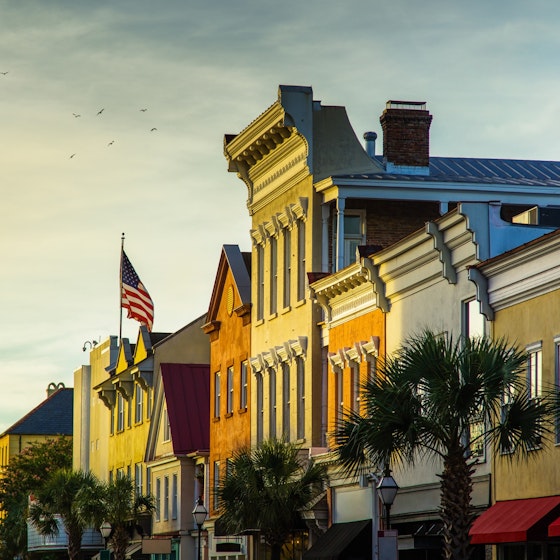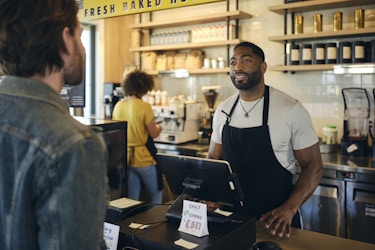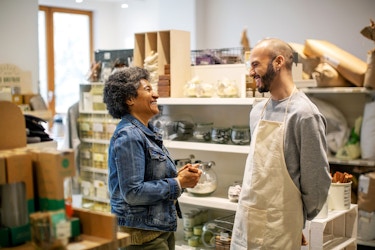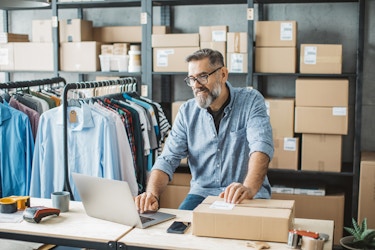7 Forward-Thinking Sales Strategies to Embrace in 2026
Sales strategies in 2026 will blend marketing and sales approaches while seeking to improve the way AI is deployed.
CO—100:
Meet the 2025 CO—100!
This exclusive list recognizes 100 of the best and brightest small and mid-sized businesses across America.
Holiday Season 2025
Adapt These Big Business Strategies to Score on Small Business Saturday
Big retailers spent a lot of time, money, data, and manpower creating their holiday game plans. Here are five of their 2025 strategies small businesses can use to their advantage.
5 Must-Know Retail Trends for the 2025 Holiday Season
Retailers focus on value, convenience amid a cautious consumer environment.
Small Business bAIsics: AI Training for Business Growth
Our virtual and in-person AI training, developed with support from Google and in partnership with the U.S. Chamber of Commerce Foundation, is the gateway to understanding and applying artificial intelligence in practical, powerful ways at your business. Get on the list to be notified when trainings launch!
Click here to sign up!Event Recaps
What SMBs Need to Know About the Government Shutdown, Economic Impacts, and AI in 2025
At the 2025 CO—100 Small Business Forum, the U.S. Chamber’s Neil Bradley broke down challenges and opportunities today’s small business owners are facing.
C-Suite to Main Street with Nate Berkus: Building a Business Around Your Personal Brand
Interior designer Nate Berkus offers entrepreneurs advice on growing their personal brands for long-term success and scalability through authenticity.
Interested in a small business membership?
Find out how the U.S. Chamber of Commerce can help your company grow and thrive in today's rapidly-evolving business environment. Connect with our team to learn how a small business membership can benefit your bottom line and help you achieve your goals.
Tariffs
Small Business Tariff Update: What to Know Now [+ Video]
U.S. Chamber of Commerce experts share the latest on trade tariffs and what small businesses should know.
Tariffs on Imports Rocking Small Businesses as They Scramble to Adapt
Business owners say tariffs will impact their ability to grow and hire and are already making them less profitable.
Budding Entrepreneurs
250+ Business Ideas to Spark Inspiration
Explore opportunity with our collection of 250+ business ideas, crafted to inspire and guide aspiring entrepreneurs.
Working Late? You’re Not Alone
You’re short on time and busy putting out fires. Sign up for our newsletter, Midnight Oil, and find out what you need to know to adapt and thrive tomorrow.
Sign Up
































